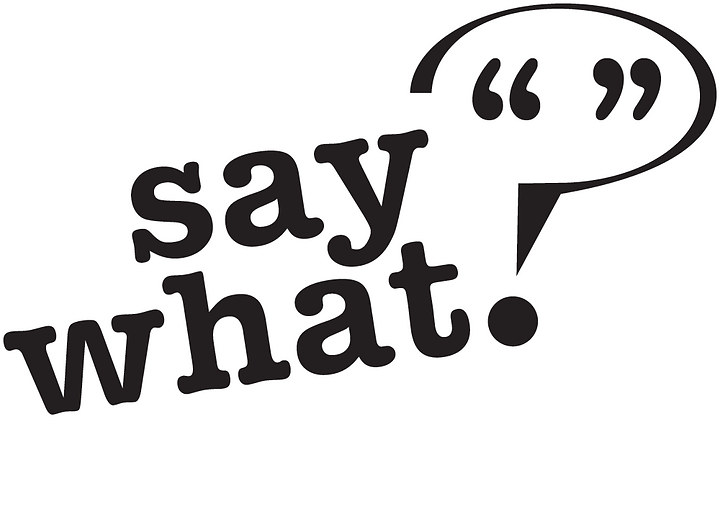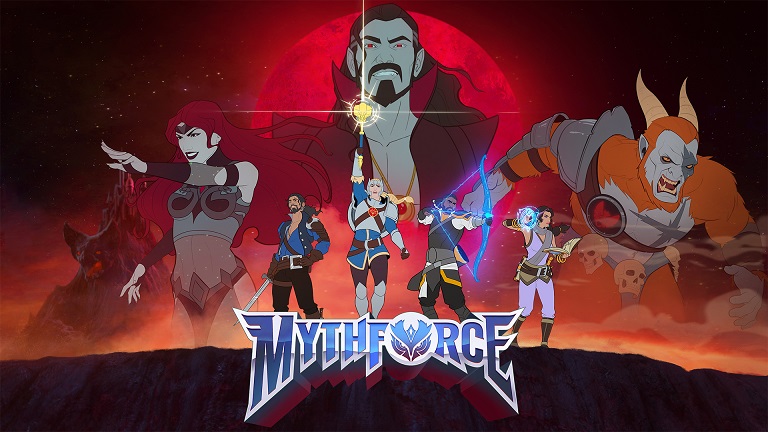Too often, it seems many freelancers and salespeople are thinking of the situation entirely from their point of view.
“I have this and want you to buy it. This is what we do. This is how we do it. Buy. BUY.”

The seller begins to pressure the buyer into wanting what they’re selling as opposed to listening to the buyer and their specific needs. There’s a distinct lack of “why” being asked which usually leads to neither party feeling satisfied or excited.
There’s nothing collaborative about this approach and can quickly devolve into a seller vs buyer with a winner & loser sort of dynamic, as opposed to both of you being on the same team.
Is there any reason why they can’t both win?
Take the time to understand their situation and the problems they’re trying to solve. Why are they asking for that? What issues are they dealing with? What aren’t they telling you that could be impacting the situation?
Ultimately, someone is talking to you because they want a problem to go away. You being an incredible composer, programmer, or uni-cyclist is not a problem– especially not a problem they have!
I learned quickly that very few people work with anyone just because they are “good” at what they do.
It’s assumed that a professional Composer or Sound Designer is “good” at music and/or sound design. Why else should someone work with you?
Years ago I interned at a commercial music house. It was an incredible experience that made me even more excited to join the audio and music career field. However, it also lifted the veil on some things.
When eavesdropping a bit, I heard people talking about how they chose one audio outlet over another because it had a better coffee machine. Or had video games in the lobby. Or was 2 blocks closer.

At the time it was disheartening – “I’m a professional artist! Someone wants to work with me because of my artistic voice and years of formal training!”
But as I thought about it further I had a eureka moment: Both commercial music houses they were deciding between were AMAZING at what they did. Both outlets were pros. Both outlets were going to nail it, and the clients knew it and respected their skills.
They weren’t devaluing the craft of either outlet – they were merely going to the place that solved more problems for them.
*Comfort – boredom/entertainment – convenience. You could argue these are “trite” problems, but then you’d be missing a great learning opportunity! This is one of the reasons people respond so well to the Unlock system. From our research we realized teams didn’t know what their audio needs were and had tons of issues in reliable scoping, estimates, and cost with their collaborators. On top of that, audio outlets weren’t having conversations in a way that was easy for them to engage with. There are many incredibly skilled audio outlets – but we operate in a way that solves more developer problems. How do I know? Because we asked developers what their problems were, listened, and created solutions as their teammate.





